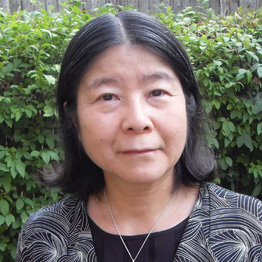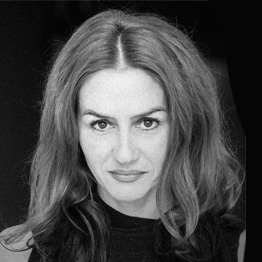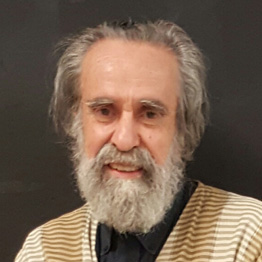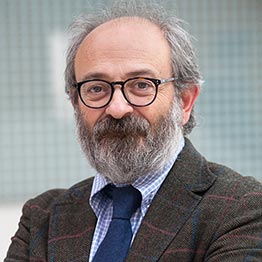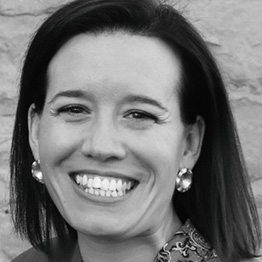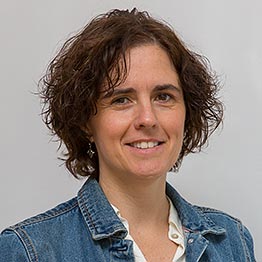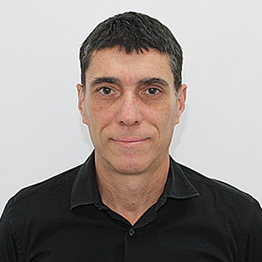
Registration
speaker: 60€
speaker Seyta: 40€.
Assistant: 40€.
Assistant Seyta or student: 30€.

Dates
Deadline for abstracts submission: June 4th
Acceptance reply: June 26
deadline from registration: September 30
Throughout the twentieth century, artists and theorists tried to show that art was not something separate from life. On the contrary, they argued that art had to do with life or even, in the most extreme cases, was life itself. Some authors also strove to show art as an experience. In this way, the horizons of art were widening.
One hundred years have passed and today we are still wondering about the status of the artist and the work of art. After Dadaism, there follows a long trajectory of artists who have opposed the institutionalization of art and have tried to break with the aesthetic theories that had separated art from life. However, the attempt at dissolution and ruptures is not Exempt problematic. At the same time, this raises the question of the role of art in society.
Parallel to this effort of art to return to the terrain of life, the rise of the current design , global and not only industrial, has managed to cross all barriers. Not only are the objects and spaces we inhabit now being designed, but also our experiences and behaviors. This crossing of frontiers has long been arousing great interest in defining what is the design, what is the everyday and what is involved in the aesthetic relationship with the elements of our daily lives.
At the same time, the technological development and the expansion of social networks and the metaverse make us question from new perspectives where are the limits between art, design and life, as well as between reality and fiction. Faced with this panorama of constant change, how do art and life relate to each other today? How can we think about art and life in light of the changes in design and technology?
![]()
Relationship art-life; life-art
![]()
Art as experience and rupture of formats: performance, theater, music, dance, video art, etc.
![]()
The expansion of artistic frontiers beyond museums
![]()
The role of art and the artist in society
![]()
The institutionalization of art and critical theory
![]()
The relationship between aesthetics and ethics
![]()
Everyday aesthetics and aesthetics of care
![]()
New conceptions of design: beyond and beyond the utility.
![]()
Art and new technologies
Yuriko Saito
Rhode Island School of Design
Isabel Nogueira
Fac. de Belas Artes, Universidade de Lisboa
Isidoro Valcárcel Medina
Artist
Scientific Committee
María Jesús Godoy (University of Seville)
Fernando Infante del Rosal (University of Seville)
Matilde Carrasco (University of Murcia)
Gloria Luque (University of Málaga)
Rosa Benéitez (University of Salamanca)
Mei-Hsin Chen Huang (University of Navarra)
Esperanza Marrodan (University of Navarra)
Vitor Magalhães (UMa, Universidade da Madeira)
Susana Viegas (IFILNOVA, Universidade Nova de Lisboa)
Cristina Tavares (FBAUL; Faculdade de Belas-Artes da Universidade de Lisboa)
Vítor Guerreiro (high school de Filosofia, Universidade do Porto)
Gloria Luque (University of Málaga)
committee technician
Mikel Martínez Ciriero, University of Navarra
Doménica Argenzio, University of Navarra
María Lezana, University of Navarra
Javier Antón, University of Navarra
Organised by
group of Aesthetics and Contemporary Art
School of Philosophy and Letters
School of Architecture
Society for Aesthetics and Theory of the Arts
Assistant Teaching Professor
![]() attendance to all the activities of congress.
attendance to all the activities of congress.
![]() Merchandising gift from congress.
Merchandising gift from congress.
![]() Catalog with summaries of the presentations.
Catalog with summaries of the presentations.
![]() Diploma proof of registration can be found at attendance.
Diploma proof of registration can be found at attendance.
![]() Participation in the coffees.
Participation in the coffees.
Participant with communication
![]() The selection will be made taking into account the scientific quality and the connection with the topic of meeting.
The selection will be made taking into account the scientific quality and the connection with the topic of meeting.
![]() summary (maximum 500 words)
summary (maximum 500 words)
![]() bibliography (maximum of five references)
bibliography (maximum of five references)
![]() Five words core topic
Five words core topic
![]() Brief biographical grade of no more than 200 words.
Brief biographical grade of no more than 200 words.
![]() The time of presentation for communications will be 20 minutes, plus 10 minutes for discussion.
The time of presentation for communications will be 20 minutes, plus 10 minutes for discussion.
![]() The official languages will be Spanish, Portuguese and English.
The official languages will be Spanish, Portuguese and English.
Participant with communication and request for " financial aid for doctoral students".
Three grants of €200 each will be awarded:
![]() To be eligible for them, it is a condition to be partner of Seyta and to justify the relationship of topic of congress with topic of thesis .
To be eligible for them, it is a condition to be partner of Seyta and to justify the relationship of topic of congress with topic of thesis .
![]() The financial aid is granted a posteriori, once the PhD student presents the certificate of participation to Seyta.
The financial aid is granted a posteriori, once the PhD student presents the certificate of participation to Seyta.



